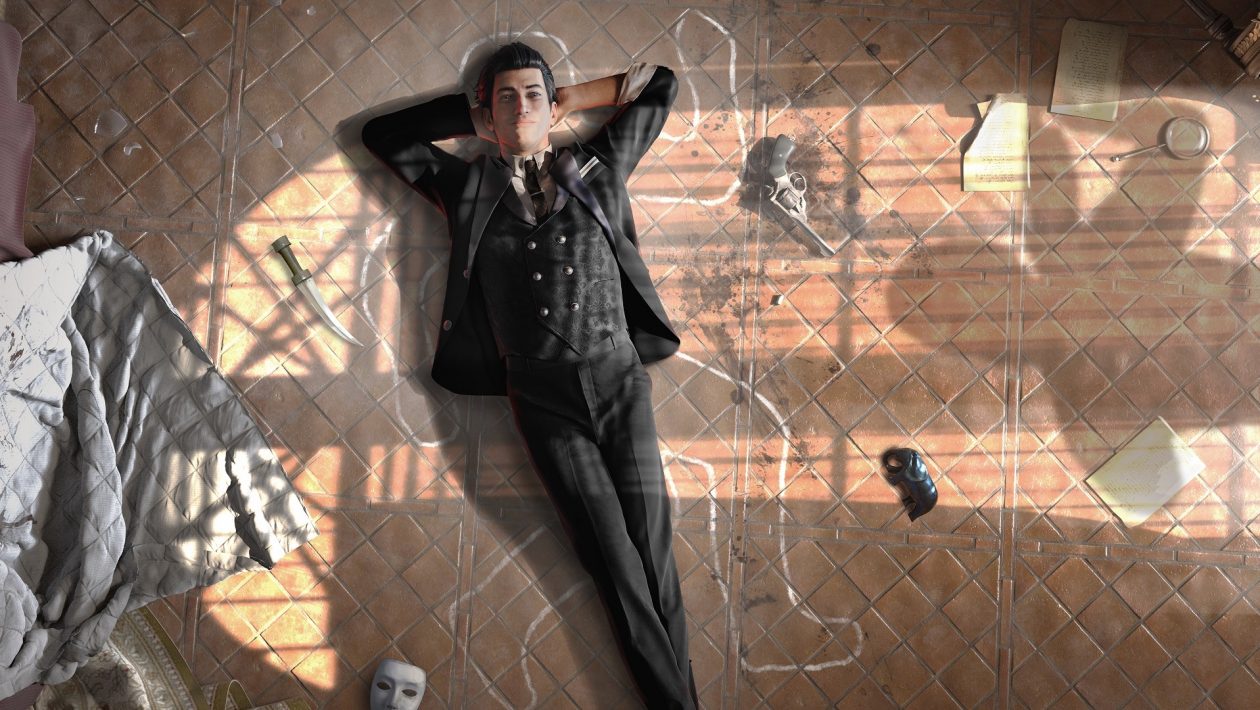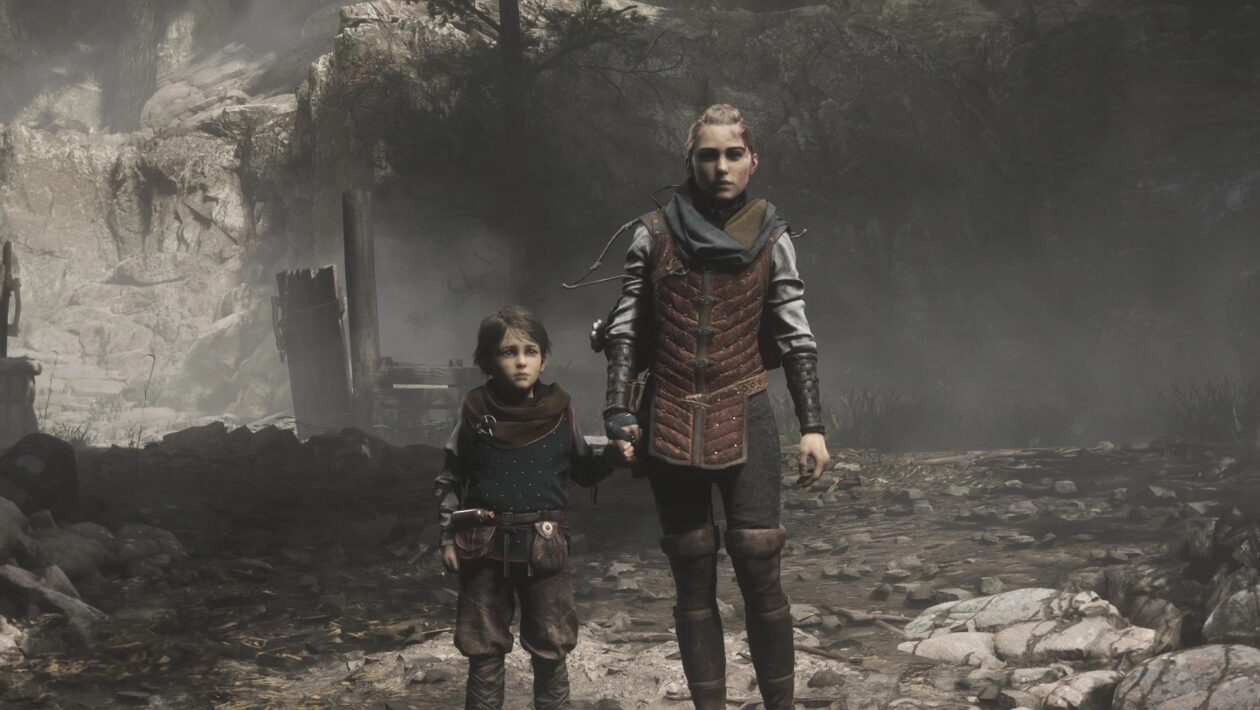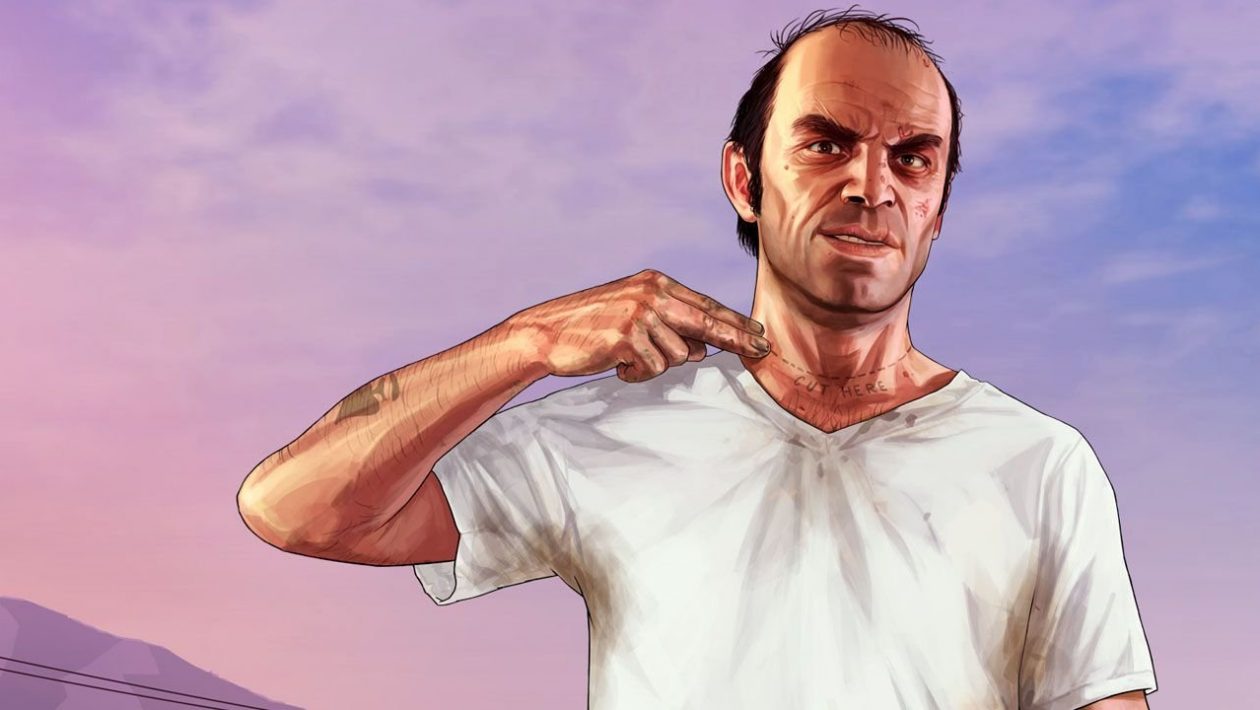Recenze Sherlock Holmes Chapter One » Vortex
The detective series Sherlock Holmes by the Ukrainian studio Frogwares has been published for almost 20 years. During that time, she not only made tremendous progress with her team, but even managed to withstand the decline of the adventures themselves and lived to a lesser renaissance. In the individual works, we can see how the authors kept improving in their craft, while, with occasional exceptions, they focused exclusively on the character of the famous detective. With the new Sherlock Holmes Chapter One, we return to the very beginning of his admirable career in prequel, which bears unmistakable signs of the experience of its developers, but unfortunately in some places also some fatigue.
Young Sherlock returns to the Mediterranean island of Cordona, where he spent part of his childhood to solve his first major case. In addition, it concerns his own past and family. We will search for the circumstances of Sherlock’s mother’s death, because her death – as well as the whole of a seeming paradise – is shrouded in grave doubts and disturbing secrets. The protagonist is not yet the famous detective who is preceded by his reputation. He is harder in a way, but at the same time constantly in doubt. However, within a few hours, your potential will be fully developed with your help. Although it’s a story about the beginnings of their careers, the developers try to capitalize on all the experience they have gained over the past two decades working on this brand.
Most cases are truly mysterious as the stories of writer Arthur Conan Doyle, and developers are not afraid to push the saw here and there in terms of violence, nudity or sexuality.
Chapter One is a kind of culmination of previous parts in terms of gameplay, and the authors have successfully tried to connect some of the most popular elements of older games. The story is dominated by the main case outlined in the introduction, which you solve with breaks from start to finish. However, he is regularly interrupted by other cases. And by that I mean not only optional side tasks and activities, but also mandatory ones, which somehow provide you with further clues in solving the central mystery. The individual cases are imaginative, interesting characters appear in them and they have a well-constructed plot and the solution itself. This is where the experienced hand of someone who regularly returns to detective stories and had the opportunity to hone the gameplay and script. Most cases are truly mysterious as the stories of writer Arthur Conan Doyle, and developers are not afraid to push the saw here and there in terms of violence, nudity or sexuality.
As in Crimes & Punishments and later games, with the help of clues, clues, testimonies of witnesses and suspects and evidence, you have to formulate some hypotheses and on the basis of them and your own intuition you will undoubtedly come to several possible conclusions. It’s up to you who you accuse and how you deal with it. If you find a mitigating circumstance and let it escape justice, for example. You don’t know until the last minute whether you’re doing well or not. You can be wrong and the game continues. It just depends on your interpretation of theories and justice. Since The Devil’s Daughter, the authors are unable to resist the temptation to incorporate action passages into their games, which has deepened in The Hunting City’s The Sinking City. The novelty also borrows the concept of the open world and some other mechanisms. Some ideas have fallen on fertile ground, or even improved, others still deserve more care, or they don’t fit into the game at all.
For example, combat and action with firearms are improving, but it is still not enough. Shootouts are unnecessarily long and awkward, and you instinctively avoid them and the side activities associated with them. Although I must appreciate that the authors wanted to diversify the event by trying to immobilize and capture the enemy, not kill them, with the help of various active objects. But it’s not a lot of fun as a result. The open world seemed rather useless and untapped to me in The Sinking City. The authors put a lot of effort into it at the time, but the game as such still seemed like a conglomeration of different locations as before, between which it would be more convenient and practical to travel instantly. The Frogwares learned from their mistakes and this time tried to make Cordona Island more varied and fill it with meaningful activities and interactive elements. The skeleton of the cases itself takes more into account the need to travel, find the right location, use the city archives, know the various local ethnic groups and use the right disguises.
When it comes to solving the cases themselves, the Frogwares excel. There are not many other games that can compete with them in this discipline. The authors already know how to build a mystery so that the player feels like a real detective. You really solve the secret, you gradually come to terms with it and you use a number of mechanisms where other games have to make do with one or two functions. Sherlock has a sixth sense, a memory palace, can reconstruct past events, compile people profiles, perform chemical analyzes, reveal hidden objects and memories. And if, for example, the mentioned analysis does not suit you, you can skip it. After all, it is possible to set the difficulty in great detail in terms of solving puzzles and fights. Of course, the openness and freedom of interesting cases sometimes inevitably lead you to not know what to do next, but it is usually enough to try to think as in reality and not necessarily as in games to move out of place.
You need to remember your identity and clothes, even if you want to ask someone something, because it affects people’s attitudes towards you and their willingness to help you.
Of course, this is not always the case, and some situations may not make good sense. For example, when you gradually return to the same person in an increasingly perfect disguise and she always knows you, so that in the end she doesn’t see some little thing that you stick on yourself in the last desperate attempt to hide your true identity. The characters often respond very well to your various costumes and the roles you take on. As a police officer or a member of a group, you can easily get to places that are otherwise forbidden to you. Other times, however, the scenario is not ready for the role, or the game does not evaluate the situation adequately. For example, when you are again in the uniform of a police officer, of which you are indeed partly on behalf of the moment, you arrive at the crime scene among a group of other law enforcement officers and suddenly no one treats you as a police officer and does not address your appearance at all. You need to remember your identity and clothes, even if you want to ask someone something, because it affects people’s attitudes towards you and their willingness to help you. It’s not easy to talk to someone who doesn’t trust you.
You also can’t solve some situations quite well on your own. Sometimes developers force you to follow a predetermined procedure, although you would be able to change the sequence of events or omit something for some reason. In one case, it happened to me that I was able to deduce quite accurately where to go, and on the spot, it should normally be enough to ask the locals for details. However, the game did not let me go. I bothered like this for a while before it occurred to me that I probably should have found the location of the next place correctly from the archive. Only when I did so and returned to the same location did the locals suddenly help me. Otherwise, I have to praise the detective work itself. Frogwares are constantly improving in it, the cases are well written and at the end of them challenging moral dilemmas and ethical choices await you. I didn’t like just two mechanisms. Eavesdropping and identifying relevant terms is, in my view, a matter of chance rather than intuition. And it’s a pity that when you interview the supporting characters or completely anonymous islanders, they respond to you with a few constantly recurring messages. And when you finally get the right person, she won’t tell you the essentials herself, but she’ll just say some generic agreeing phrase and a table will appear with the appropriate text to explain everything.
Although the series is constantly improving, Sherlock still does not deny its more modest roots. After all, its budget is also reflected in the lower price tag. However, the game does not look bad at all for a cheaper game as a whole. In addition, the developers are catching up with stylization, design, architecture, nice costumes or imaginative cut scenes with playful dramaturgy. After all, the very character of your companion Jon, about whom I will not tell you more, is pleasantly eccentric. But even the artistic concept can’t hide the flimsy framerate on the PS5, the weak lip sync, various bugs and graphic artifacts, bad hair or the ugly sprint animation in which Sherlock comically rolls his hands. On the other hand, I can’t say I was sick of Chapter One and I enjoyed the music. Dubbing the main characters is fine, but the voices of the anonymous ones are repeated as often as their phrases. The Czech translation and linguistically playful subtitles, which are full of colorful phrases, deserve special praise. Although I came across an untranslated term about once or twice.
Sherlock Holmes Chapter One is far from a flawless game, but it’s a hilarious mix of previous Frogwares titles that mostly borrows the better of the series’ 20-year history. In the case of several novelties, the authors even convinced me that they are starting to make sense. This is the case with the open world, which already plays a more important role than flat scenery. On the other hand, it should be noted that the sunny environment may not be for everyone after the traditional dry London, even if the result is a world that is just as dark.



